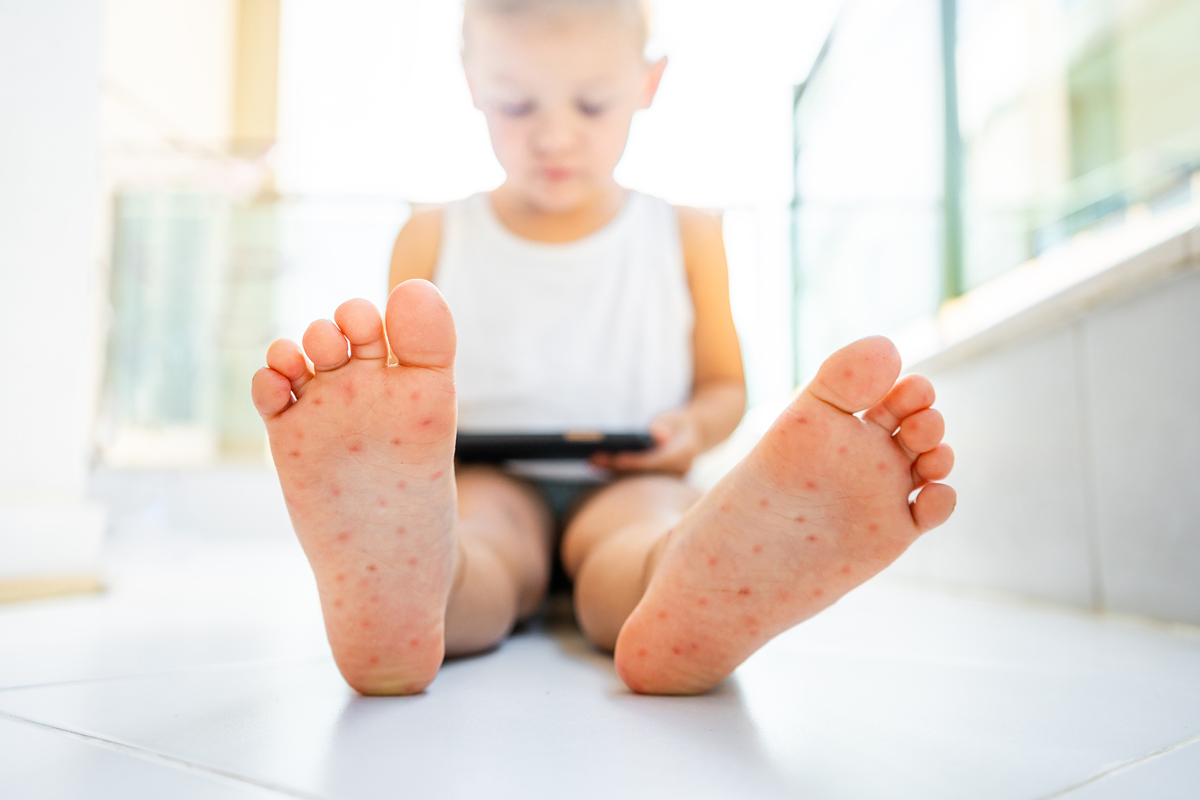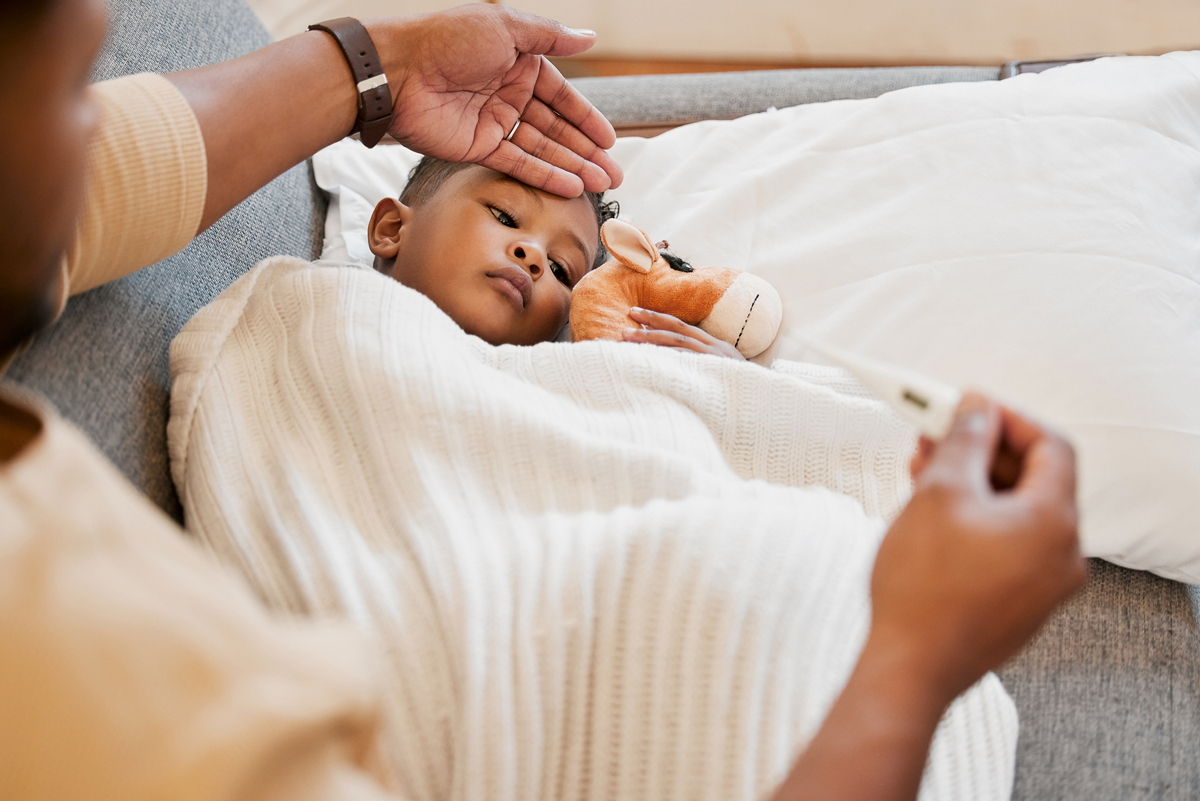Little kids get sick a lot — colds, stomach bugs, etc. A large share of these illnesses are viral. We do not, perhaps, think very much about exactly which virus is responsible. Most of the time, when kids are sick, even when they are quite ill, we do not test for which virus is responsible. The medical advice, in many cases, isn’t dependent on which virus is causing the fever or respiratory or stomach issue.
I start with this background because, even though it may be new to you as of last week, parechovirus is actually one of these common childhood viruses. Effectively all children will have had the virus before they are in kindergarten.
Given this, why are you hearing about it now?
Last week, the CDC issued a health alert for medical providers, highlighting the fact that parechovirus has been circulating in the U.S. and that it can cause serious illness in infants, especially those under three months.
These health alerts occur regularly and are an important way that the CDC informs medical providers about possibilities that they may not be aware of. You can read an archive of them here. They are quite varied. For example, in 2018 one alert discusses the possible risk of leptospirosis in travelers returning from Israel. This is a very rare bacterial infection with somewhat non-specific symptoms (fever, vomiting). Because it is very rare, most clinicians wouldn’t consider it as a cause unless they knew it was a possibility. So the alert says, basically, “Hey, if you see someone who traveled to this location and has these symptoms, consider this diagnosis as a possibility, and here is the treatment.”
This is all important background because it makes clear that the CDC health alert isn’t triggered by a particular number of cases, or the size of a risk. It can be; but in many cases they are brought on by a change in the presentation of an illness, or a novel explanation for a common set of symptoms.
The CDC alert on parechovirus can be read in full here. The alert doesn’t refer to a particular number of cases and notes that it is difficult to know even if cases have increased, since we don’t routinely test for parechovirus in kids. What they want clinicians to do is be aware of it as a possible cause for very sick infants. Treatment is not likely to be affected by this knowledge, but it would (for example) help rule out a bacterial infection as the cause.
Is there anything you should do here, differently from what you would do normally?
No.
Normally, with an infant, some illness precautions are useful. It’s generally a good idea to try to keep newborns protected within reason (i.e. you don’t need to pull your toddler from preschool, but if they are sick, try to keep them a bit apart — more on that here). Similarly, if you have a small infant who is sick, you should let your doctor know — and if your child is very sick, you should take them to the ER. This is true regardless of what virus you think might be causing it. But the fact that the illness could be parechovirus should not change your behavior.
For me, this is an example of a place where the CDC did exactly what they should do. They have an alert system and they implemented it as they should. My only comment is that when media is reporting on this, it would be good to have more of that context.
Community Guidelines
















Log in